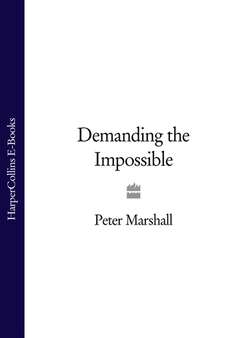Читать книгу Demanding the Impossible - Peter Marshall - Страница 34
The Enlightenment
ОглавлениеIn the work of Foigny and Fénelon we can see the kind of audacious thinking which was to inspire the French Enlightenment of the eighteenth century. After Descartes had established his method of systematic doubt and rational enquiry, the philosophes went out of their way to challenge received ideas and prejudices and to analyse society in the light of reason. They took nature as their yardstick and reason as their guide.
Central to the world-view of the Enlightenment was a belief in the perfectibility of man. Man is not irretrievably fallen in a state of sin, the philosophes argued, but largely the product of his circumstances. If you change his circumstances, then you can change his conduct. And the best way to achieve that is through enlightenment and education. Man is therefore perfectible, or at least susceptible to continual improvement. History moreover shows that progress has taken place in the past, and there is no good reason to think that it should not so continue in the future.
But while all the philosophes believed in the progressive nature of man, they did not all reach anarchist conclusions. Voltaire introduced the liberal ideas of Locke into France in the eighteenth century and like him thought government necessary to protect life and property. He did not go beyond criticizing individual abuses and monarchical despotism. In public Diderot advocated with Voltaire a constitutional monarchy as long as the king made a social contract with the people, and only in private contemplated a society without government and law. While Rousseau was a product of the Enlightenment, he came to question the prevailing confidence in reason and science to bring about social and moral progress. People, he thought, are naturally good and have become depraved by existing institutions. But he did not call like later anarchists for the abolition of all such institutions but their replacement by a new social contract. Only less well-known thinkers like Jean Meslier and Morelly carried the philosophes’ criticism of the existing regime to the borders of anarchism. Their works however were known only to a few and they did not exert much influence in their day.
